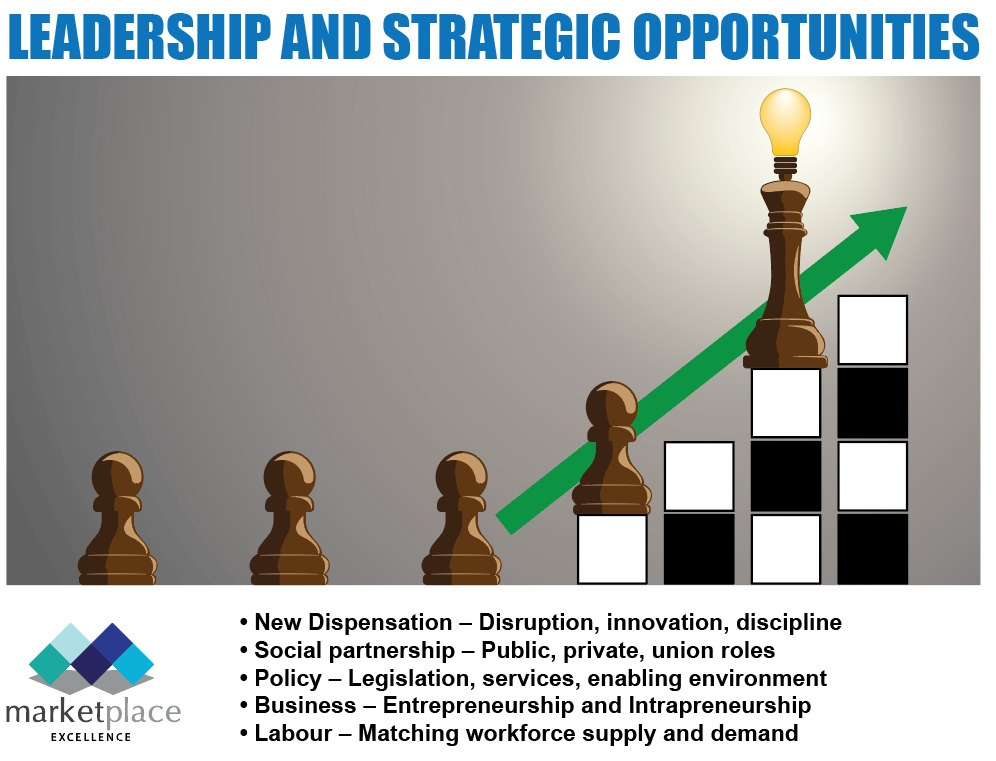“As the body without the spirit is dead, so faith without deeds is dead.” – James 2:26
No sooner than the leadership of each country brings the COVID-19 pandemic under control with successful vaccination programs, the same leadership will have to brainstorm and seek counsel for urgent action steps to restore the health of their respective economies.
Groups of nations, such as CARICOM, with similar post COVID-19 issues, may be well advised to strengthen their partnership in the interest of increasing efficiencies.
Whatever the new approach for a given country, it will be driven by the anticipation of future strategic opportunities where the leadership can leverage strengths and minimize weaknesses within the purview of the risks involved. Astute plans and aggressive implementation action will be the order of the day to achieve SMART (Specific, Measurable, Achievable, Realistic and Timely) objectives.
The key factors to be addressed as we pursue strategic opportunities are (1) the new dispensation – disruption, innovation and discipline; (2) social partnership – the roles of the public and private sectors and the trade unions: (3) policy – legislation, enabling an environment; (4) business – entrepreneurship and intrapreneurship; and (5) labor – matching workforce supply and demand.
Three important statements when discussing the topic of leadership and management follow: (1) “Leadership is about putting the ladder against the right wall, management is about climbing the ladder efficiently.” (Austrian Peter F. Drucker); (2) “A good manager is not necessarily one who can float at the top of a successful organization but one who can turn around a company when fortune is against it.” (Sydney Knox, retired Trinidadian businessman); and (3) “Anyone within an organization has the potential to become a leader, but managers must be leaders … A manager who cannot lead is not able to build trust and create engagement within an organization to get to where they need to go.” (Jacob Morgan, contributor to Forbes magazine).
These concepts are useful in guiding us through the maze of the new dispensation.
Leaders must embrace all stakeholders of a country at the earliest possible opportunity to form a social partnership. These stakeholders are primarily the public and private sectors and the trade unions.
In this social partnership, the role of government is to provide regulatory and service functions towards a user-friendly enabling environment.
The role of the private sector is to “do business” in an efficient and competitive manner through entrepreneurship and intrapreneurship (entrepreneurship within a corporate structure) towards the end of collectively achieving sustainable net national foreign exchange gains.
The role of the trade union is to induce employer-employee harmony in the interest of high productivity for fair compensation, while matching workforce supply and demand in the interest of securing a sustainable jobs market.
It is important that leadership focuses on these imperatives, as we manage our way out of the ravages of this pandemic.

(Dr. Basil Springer GCM is a Change-Engine Consultant. His email address is basilgf@marketplaceexcellence.com. His columns may be found at www.nothingbeatsbusiness.com.
